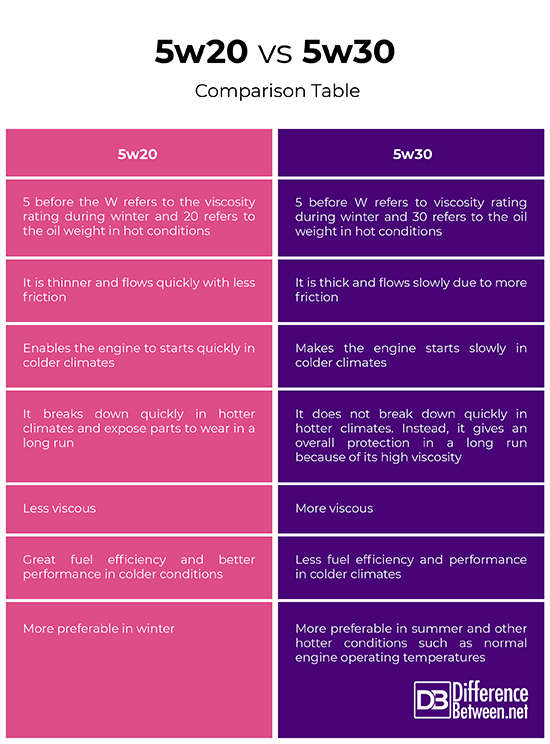How to Know What Kind of Engine Oil to Use? Engine oil is a vital component in maintaining the performance and longevity of your vehicle’s engine. However, with so many options available in the market, it can be confusing to know which kind of engine oil to use. In this article, we will discuss the factors to consider and the steps to take in order to choose the right engine oil for your vehicle.
1. Consult your vehicle’s owner’s manual:
The first step in determining what kind of engine oil to use is to consult your vehicle’s owner’s manual. The manufacturer will provide specific recommendations regarding the viscosity grade and type of engine oil that is suitable for your vehicle. This information is crucial, as using the wrong oil can potentially harm your engine.
2. Understand viscosity grades:
Viscosity is a measure of an oil’s resistance to flow. It is denoted by a number followed by the letter “W” (which stands for winter) and another number. For example, 5W-30. The first number indicates the oil’s viscosity at low temperatures, while the second number represents its viscosity at high temperatures. Lower numbers indicate thinner oil, while higher numbers indicate thicker oil.
3. Consider driving conditions:
Different driving conditions require different types of engine oil. If you live in a region with extreme cold temperatures, you may need an oil with a lower viscosity grade to ensure smooth engine startup. On the other hand, if you live in a hot climate or frequently drive in stop-and-go traffic, a higher viscosity grade oil may be more suitable to provide better protection against engine wear.
4. Check for manufacturer recommendations:
Apart from viscosity grade, some vehicle manufacturers may recommend using a specific type of engine oil, such as synthetic or conventional. Synthetic oils are chemically engineered to provide superior performance and protection, especially under extreme conditions. Conventional oils, on the other hand, are refined from crude oil and are more affordable. It is essential to follow the manufacturer’s recommendations to maintain the warranty and ensure optimal engine performance.
5. Consider your vehicle’s mileage:
The mileage of your vehicle can also play a role in determining the type of engine oil to use. High-mileage vehicles, typically those with over 75,000 miles, may benefit from using high-mileage engine oil. These oils contain additives that help reduce wear and tear on older engines, prevent leaks, and restore engine seals.
6. Environmental impact:
If you are environmentally conscious, you may want to consider using eco-friendly or bio-based engine oils. These oils are typically made from renewable resources and have a lower carbon footprint. However, it is important to ensure that these oils meet the required performance standards for your vehicle.
7. Seek professional advice:
If you are still unsure about what kind of engine oil to use, it is always a good idea to seek advice from a professional mechanic or the service center of your vehicle’s manufacturer. They have the expertise and knowledge to recommend the most suitable engine oil based on your specific vehicle and driving conditions.
Conclusion
In conclusion, choosing the right engine oil for your vehicle is crucial for maintaining its performance and longevity. By consulting your vehicle’s owner’s manual, understanding viscosity grades, considering driving conditions, checking for manufacturer recommendations, considering your vehicle’s mileage, and seeking professional advice, you can ensure that you are using the correct engine oil for your vehicle’s needs.
Read More: Can You Use Engine Oil for Cooking?


